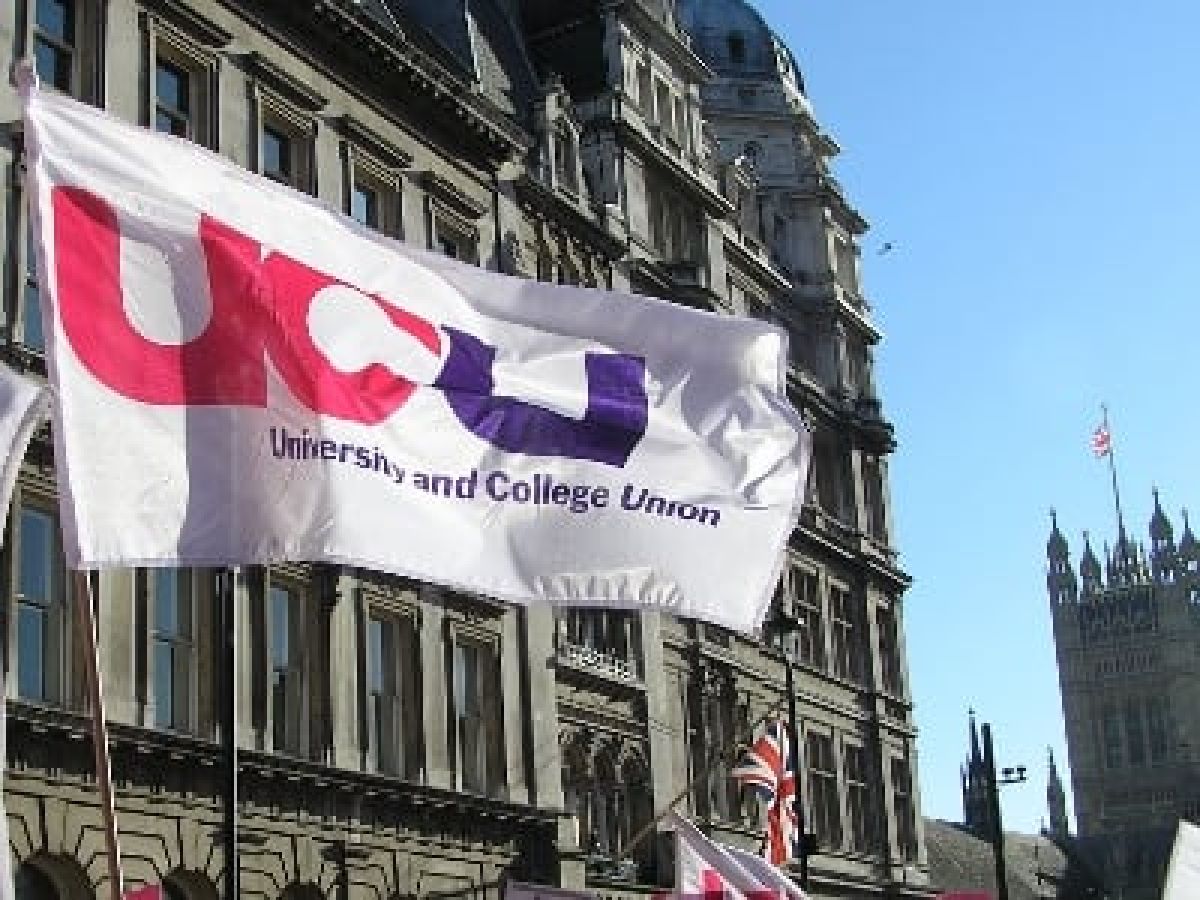Strike Update: signs of progress as students call for compensation

President of the University of Manchester branch of the University and Colleges Union (UMUCU), David Swanson, revealed on Monday that negotiations with the university seem to be heading in a positive direction.
Speaking to The Mancunion, he expressed his optimism for the discussions regarding the issues relating to pensions and forfeits in terms of casualization.
Heading into the third week of strikes, no concrete decisions have been released to the public due to the confidential nature of the negotiations. Nevertheless, Swanson claimed that staff are still confident that these strikes will be beneficial in the long run for fair working conditions.
In conversation with The Mancunion, he said: “Talks are kind of secretive, they’re not allowed to say what’s going on within them, but there’s a mood of optimism that what we’re doing on the picket lines and strikes is really starting to have an effect and shift the employers.”
He also expressed his awareness of the trouble caused by strikes for both staff and students: “It’s difficult for our members, 14 days is a long time to be on strike but I think people are staying very solid. Everyone’s mood is still high and we’re fairly confident we just keep going and going until we need to.”
Swanson also praised the overwhelming support for the lecturers that the students had shown thus far. He admired the number of students that put energy into joining the marches and the picket lines, as well as their efforts to attend the classes that had not been canceled.
He also urges students to “send emails to the Senior Leadership at this university and saying that you’re right behind the staff would be the most useful thing to do.”
A PhD student and part-time seminar leader at the university also encouraged students to email, recommending that “students complain to the university itself, not the lecturers.”
She also highlighted the confusion within her position studying as a student while teaching in certain classes. She said: “One of [the course unit directors] has given me more free reign to choose whether I continue to teach during the strikes. The other has asked me not to teach my seminars during the strike.
“I do feel for the students on the other course whose seminars I won’t be teaching. But as an aspiring lecturer I also fully support the strike.”
Despite the support, students are responding to the strikes with demands for compensation ranging from reimbursements to academic aid. Some called to be reimbursed for the hours missed while others requested extra revision sessions.
Many argued that asking for reimbursements would support the strikes. Law student Becca Windsor De Taboada said: “Putting pressure on the university to compensate students for missed hours doesn’t counteract the effectiveness of the strikes, it complements it.
“Universities try to claim this awkward middle ground whereby they feel it’s appropriate to charge students for their education but not appropriate for students to demand refunds if this service is denied to them.”
Other students compared the situation to a business deal, claiming students had a right to compensation due to not receiving the service they paid for. Politics and International Relations student Finlay Henderson said: “If you pay for a service and don’t get what you pay for you’re entitled to a partial refund.”
First-year law student Liam Beevor added: “You’re in a contract with the university. They agree to provide you with an education and you agree to pay fees.”
Not everyone has called for compensation, though. Many students believe the only outcome from these strikes should be a change in the treatment of staff at the university. When asked what compensation she would like to receive, student Anna Townend simply said: “For university staff to have comfortable working conditions and fair and sustainable pay and pensions.”







